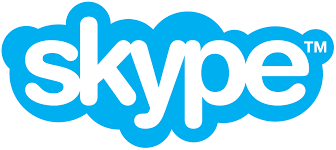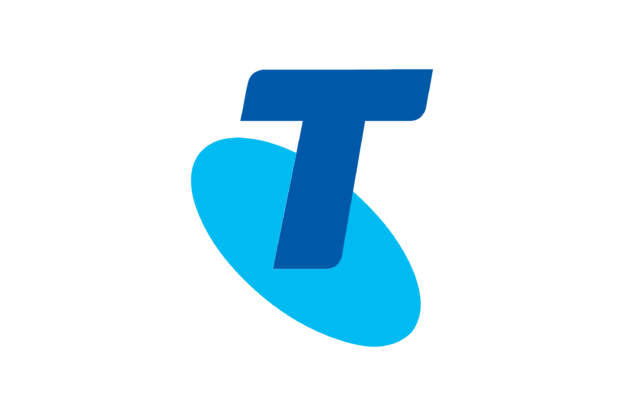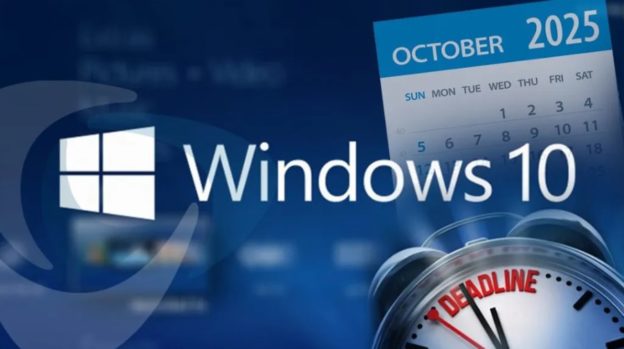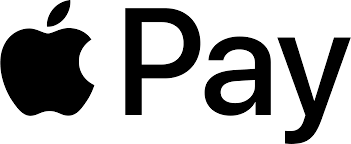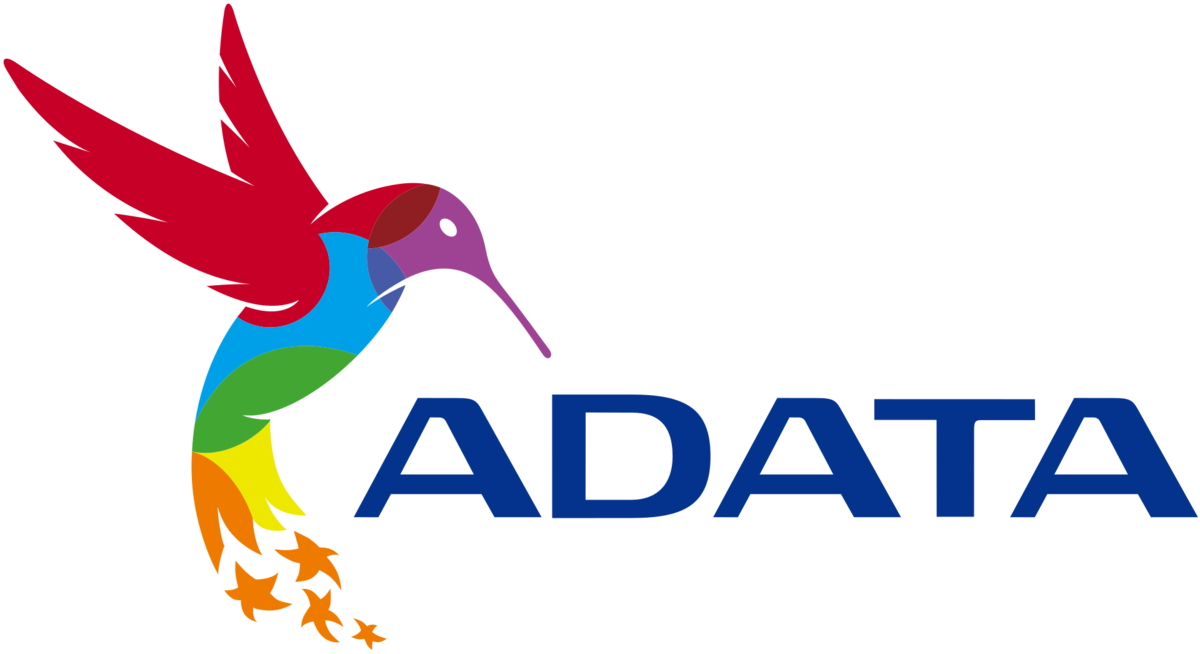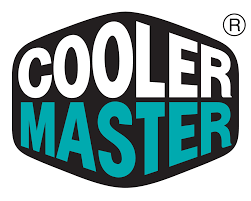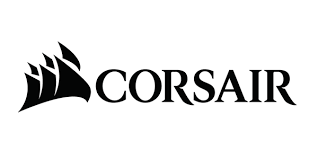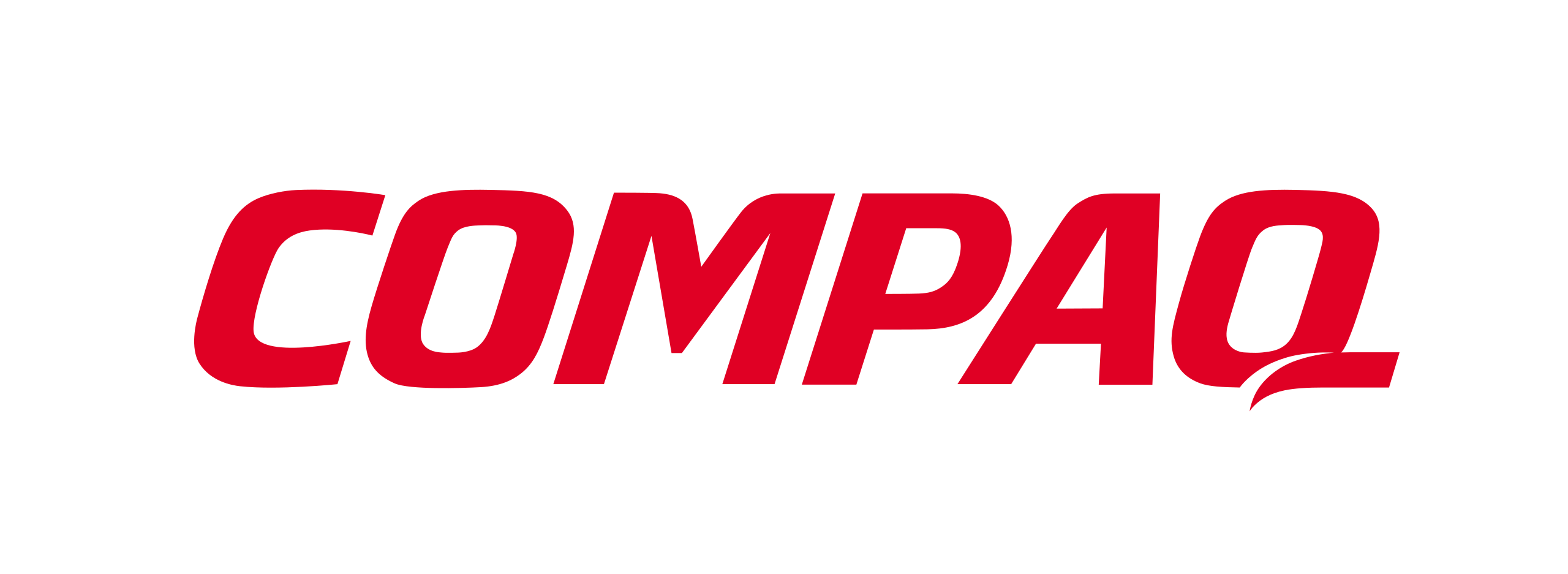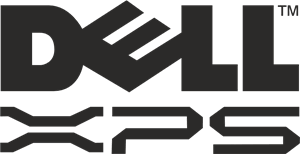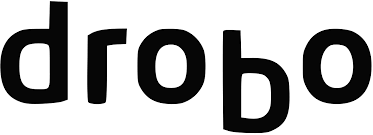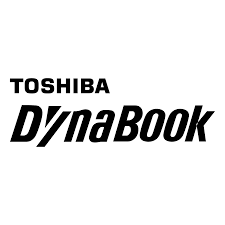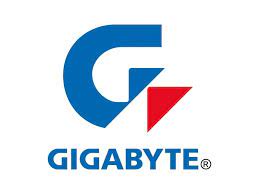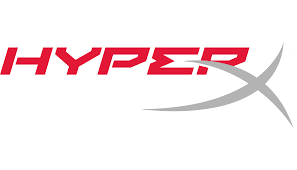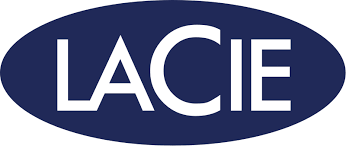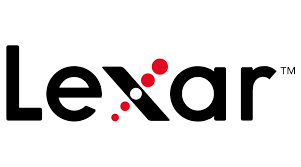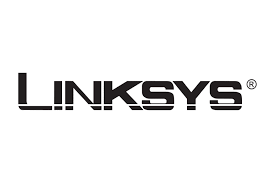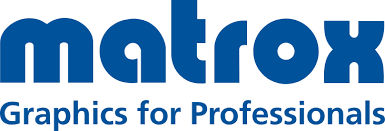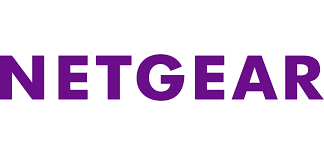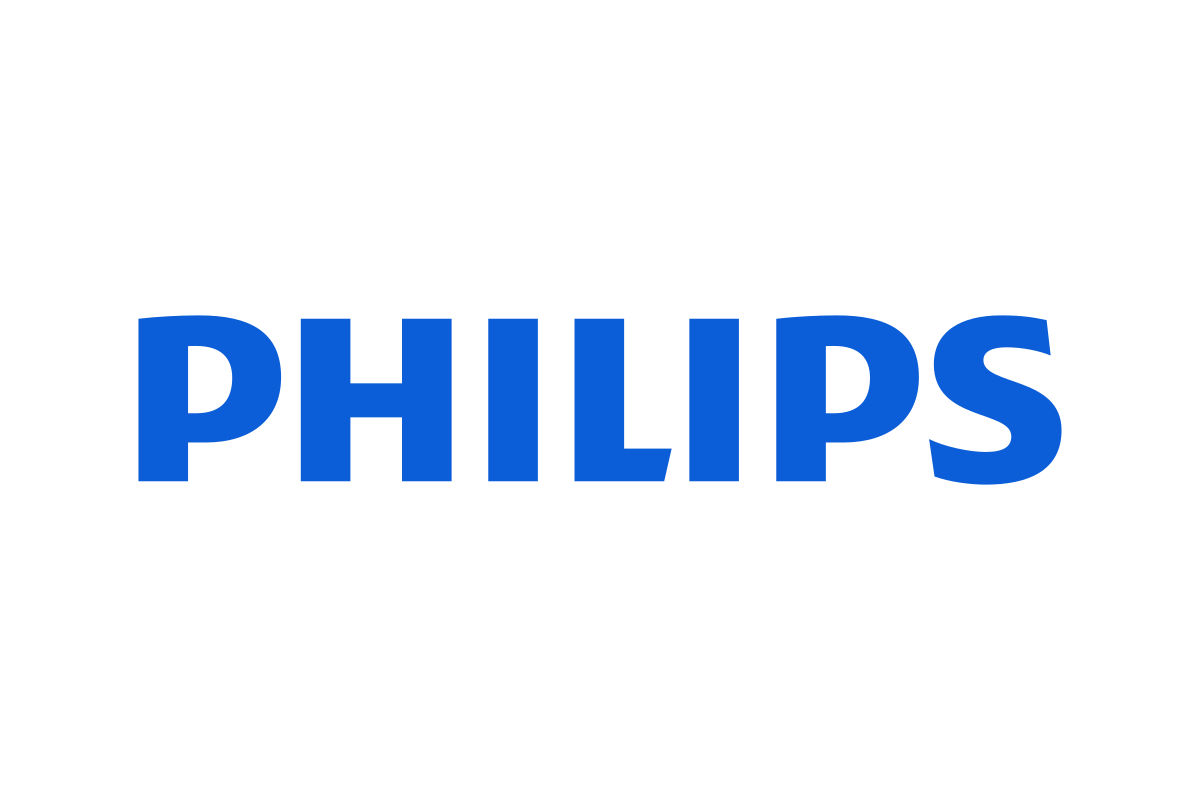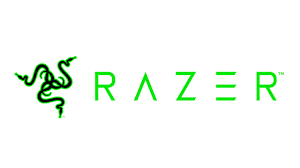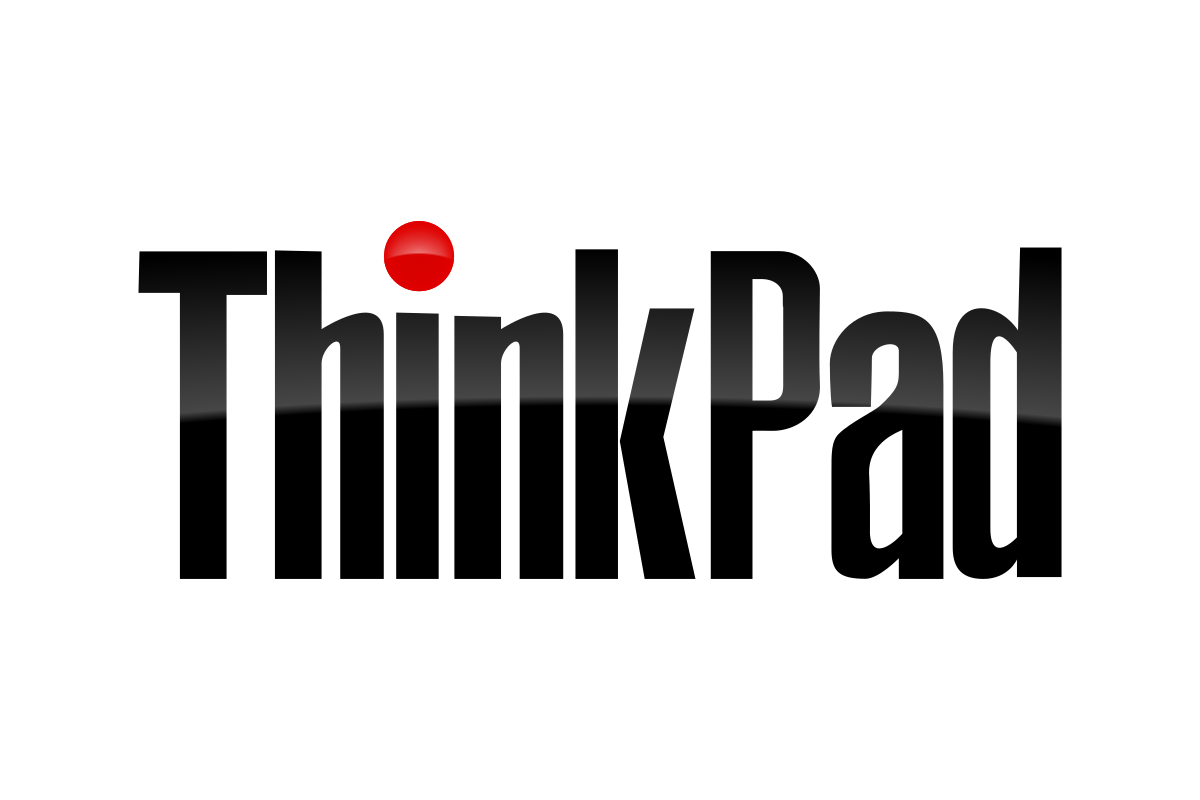Managing remote teams effectively requires the right tools to facilitate communication, collaboration, and productivity. Here are some of the best tools to consider, categorized by their function:
Communication:
- Slack: A popular messaging platform that allows for team chats, direct messaging, file sharing, and integrations with various third-party applications.
- Microsoft Teams: Offers video conferencing, chat, file sharing, and task management within the Microsoft Office suite.
- Zoom: A widely used video conferencing tool that enables meetings, webinars, and screen sharing.
Project Management and Collaboration:
- Asana: A popular project management tool offering task creation, assignment, deadlines, progress tracking, and team discussions.
- Trello: A visual task management tool that uses boards, lists, and cards to organize tasks and workflows.
- Monday.com: A work operating system that provides project management, CRM, marketing automation, and other features in a single platform.
File Sharing and Storage:
- Google Drive: Cloud-based storage solution offering 15GB of free storage and real-time collaboration on documents, spreadsheets, and presentations.
- Dropbox: A cloud storage service with various plans offering file sharing, syncing, and mobile access.
- Microsoft OneDrive: Cloud storage solution integrated with Microsoft Office suite, offering 5GB of free storage.
Time Tracking and Productivity:
- Toggl Track: A time tracking tool that allows you to track time spent on tasks and projects, analyze productivity, and generate reports.
- Clockify: A free time tracking tool with features like project timers, timesheets, and reports.
- RescueTime: A time management tool that tracks how you spend your time on different applications and websites and helps improve focus.
Additional Tools:
- Grammarly: A grammar and writing assistant that helps improve the clarity and accuracy of your writing.
- LastPass: A password manager that securely stores and manages your passwords for different accounts.
- 15Five: A tool for conducting regular check-ins and providing feedback between team members.
Choosing the right tools:
The best tools for your remote team will depend on your specific needs, team size, budget, and work style. Consider factors like:
- Team size and needs: Larger teams might require more comprehensive project management tools, while smaller teams might prefer simpler options.
- Ease of use: Choose tools that are easy for everyone on your team to learn and use.
- Integrations: Consider tools that integrate with other software you already use, streamlining workflows.
- Security: Ensure the tools you choose have strong security features to protect your data.
By carefully selecting and implementing the right tools, you can empower your remote team to collaborate effectively, stay productive, and achieve your business goals.








